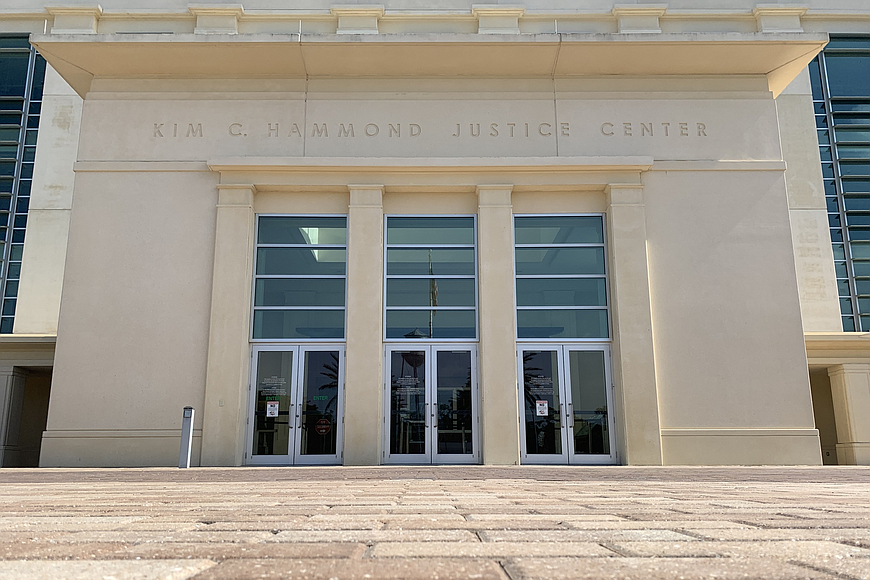- April 18, 2024
-
-
Loading

Loading

The federal eviction moratorium that kept many renters in their homes even as they were unable to pay rent ended Aug. 26, potentially leaving Flagler County residents at risk of eviction.
As of Sept. 8, local property owners’ attorneys have started pushing to move eviction cases forward, Flagler County Clerk of Court Tom Bexley said.
“Since the moratorium on evictions was lifted, we have seen significant activity on the cases that were filed earlier this year and late last year,” Bexley said.
There have been 140 eviction cases so far this year, Bexley said. There had been 175 filed in 2020, and 275 in 2019, before the pandemic.
But people having trouble paying rent are often eligible for government assistance programs that can help keep them housed until they’re able to get their finances worked out or find other living arrangements.
Sometimes, those programs are under-used because people don’t know about them — for instance, the OURFlorida.com program run by the state provides up to 15 months of rental assistance for people who are behind on their rent and at risk of eviction.
It prioritizes people whose income is at or below 80% of the median area income and who have experienced unemployment or loss of income in the last 90 days. (Go to https://www.ourflorida.com for information, or call 833-493-0594 seven days a week from 7 a.m. to 6 p.m.)
Much of that money is still available, according to the Flagler County government.
Bexley says he feels for both renters and property owners.
“It was a tough situation, I think, for everyone,” he said. “The good news is the process is there, and it’s put in place to remedy situations like this. And it doesn’t always turn out the way you think, with an eviction and your mother-in-law’s belongings sitting out on the curb.”
Ideally, he said, case managers would be able to work out a resolution before that point.
With every judge facing case backlogs, evictions will likely take about six months to work their way through the system, Bexley said, rather than the more typical two-to-four months.
“Once you begin the eviction process, it’s going to take awhile,” he said.